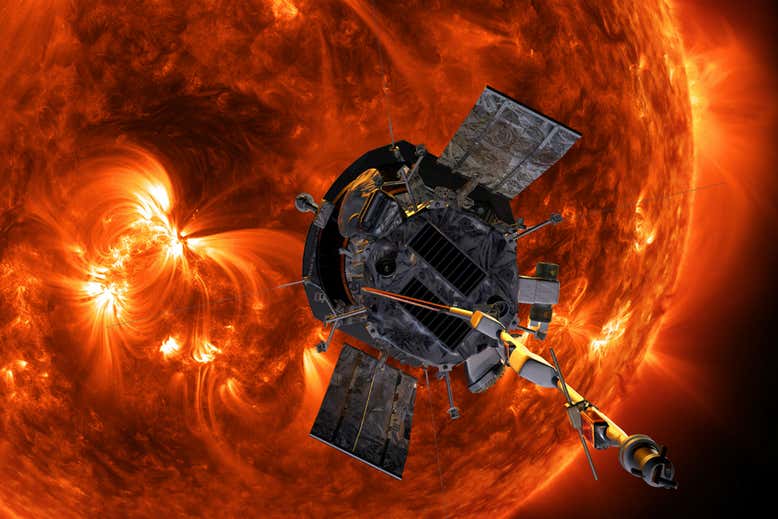Apple is keen to enhance the safety features available on its devices further. The firm’s Watch can already be used to detect a severe car crash and immediately contact the emergency service, and the iPhone can send an emergency SOS message via satellites, even in places without cellular or Wi-Fi coverage. This has been a unique selling point of Apple devices, though Samsung and Google, among others, now also offer satellite-messaging services via their smartphones, and similar crash detection systems in their smartwatches.
However, Apple is ready to expand its lead in the segment once again by taking a 20% stake in Globalstar for $400 million. Globalstar is an American telecommunications company that operates a satellite constellation in low Earth orbit. Globalstar’s satellites are used for satellite communication, low-speed data transmission, and earth observation, which will now be improved after a $1.1 billion financial injection from Apple, aimed directly at improving the infrastructure. Currently, Globalstar operates 31 satellites in low Earth orbit, but Apple’s investment could expand that figure to 57 in the not-too-distant future.
But why would Apple invest so much in a free feature? Well, satellite messaging is currently free, and intended only for emergency use. However, Apple wants to circumvent cell operators in the future and directly charge its customers for satellite communication services. This feature might not be useful for every iPhone user, but hikers and nature lovers might find it practical. Still, it’s important to note that low Earth orbit satellites can’t support bandwidth-heavy services, such as voice calling or broadband internet.
As a result of Apple’s investment, Globalstar trades at $1.9701 per share on November 8, a significant increase from the $1.050 per share on October 31. Meanwhile, Globalstar says that it will allocate 85% of its satellites to Apple, giving the tech giant an upper hand over its competitors. However, other companies, like SpaceX and AST SpaceMobile, are already working on solutions that would provide space-based cellular broadband networks, which would allow voice calling services to Android smartphones.







